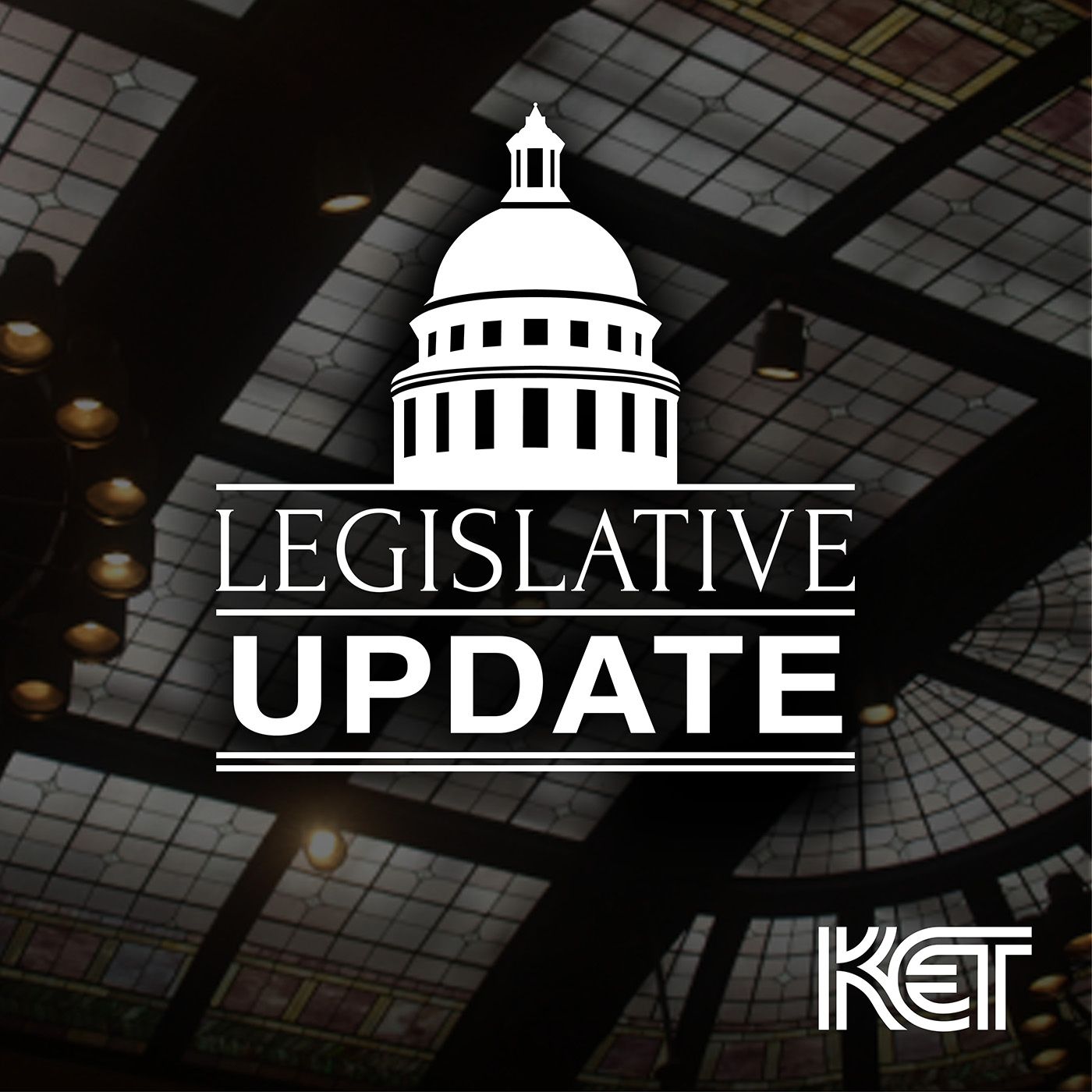 |
Listen FrontierListen Frontier is a podcast exploring the investigative journalism of The Frontier and featuring conversations with those on the frontlines of Oklahoma's most important stories. Author: The Frontier
Listen Frontier is a podcast exploring the investigative journalism of The Frontier and featuring conversations with those on the frontlines of Oklahoma's most important stories. At The Frontier, our mission is to hold public officials accountable, give a voice to the powerless and tell the stories that others are afraid to tell, or that illuminate the lives of people in our community. We will shine a light on hypocrisy, fraud, abuse and wrongdoing at all levels in our community and state. We will delve into complex issues and explain them to our readers, arming them with the information they need to make change. Language: en Contact email: Get it Feed URL: Get it iTunes ID: Get it Trailer: |
Listen Now...
Salty, oily drinking water left sores in their mouths. Oklahoma refused to find out why.
Wednesday, 11 February, 2026
In our latest investigation, reporter Nick Bowlin digs into a troubling question: What happens when families report salty, oily drinking water that leaves sores in their mouths — and the state declines to determine the cause? In “Salty, oily drinking water left sores in their mouths. Oklahoma refused to find out why,” Nick traces complaints of oilfield contamination, examines how regulators responded and explains why key questions remain unanswered. In this conversation, he takes us behind the scenes of the reporting, the documents that shaped the story and what it reveals about oversight of oil and gas pollution in Oklahoma.Dylan Goforth: When you first heard about the Boarmans’ situation, what made you think this wasn’t just a private well problem but a story about the state’s oil and gas regulator? What was the moment where the story “clicked” for you?Nick Bowlin: After my initial conversations with Tammy and Chris, I sent in an open records request with the state. Once I got the files and began to read, the click happened pretty fast. I saw that officials at the OCC had found strong signs of oil and gas pollution using a number of different metrics and tests. And this was for a house that sits in the middle of a legacy oilfield, drilled in the 1940s. Old wells plugged with mud – a common practice at the time – surround their house. But all this evidence didn’t seem to lead to urgent action. The agency slow-walked testing nearby oil and gas operations and water sampling for heavy metals. And when they finally ran those tests, they found problems. People all over the state are dealing with pollution threats from historic and current oil and gas. Tammy and Chris were unusually proactive in pushing the state to help them and trying to learn all they could about their situation. If this is how the state handled the Boarmans’ case, it didn’t bode well for other Oklahomans coming to the OCC for help.Dylan: A huge part of this story relies on internal emails, test results and agency reports. How did you go about getting those records, and what was the most surprising or revealing document you found?Nick: I relied primarily on open records requests to the OCC. My first one took a while, since my request covered over a year of agency work on the Boarmans’. But after that, I could submit requests covering only a few months at a time and the agency tended to return these promptly. To my mind, the most revealing set of emails come from September 2024, after the Boarmans’ state senator got involved. His arrival seemed to spur the state to finally order long-delayed tests. I was also struck by the electromagnetic survey images: For the most part, oil and gas reporters don’t get to see the pollution we report on. Leaks happen deep below our feet, while CO2 emissions are invisible. But those images taken by the agency offered a rare and disturbing picture of the pollution plume contaminating the Boarmans’ drinking water.Dylan: There are several points in the story where agency staff appear to know more than the Boarmans do about what’s happening to their water. How did you piece together that timeline of who knew what, and when?Nick: I built out a detailed chronology, based on the records I received and interviews with the Boarmans’. It wasn’t hard to do that with the agency emails. But I also built a timeline of the evidence. There isn’t a single test that definitively proves oil and gas contamination. Instead, the state relied on an accumulation of data, evaluating things like salts, the presence of certain metals, chemical ratios and the belowground electromagnetic maps. That was a useful exercise: to see the growing pile of evidence pointing to oil and gas, compared to the agency’s handling of the Boarmans’ pollution case.Dylan: The McCoon injection well becomes central to the story. How did you figure out it might be a key








